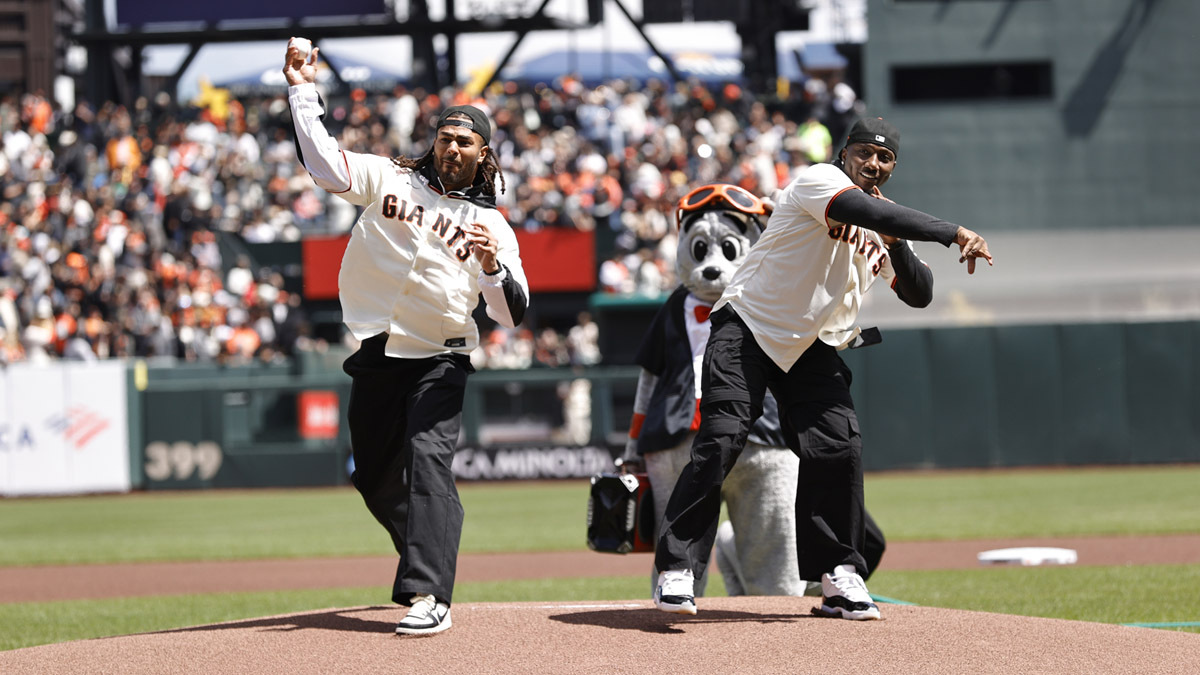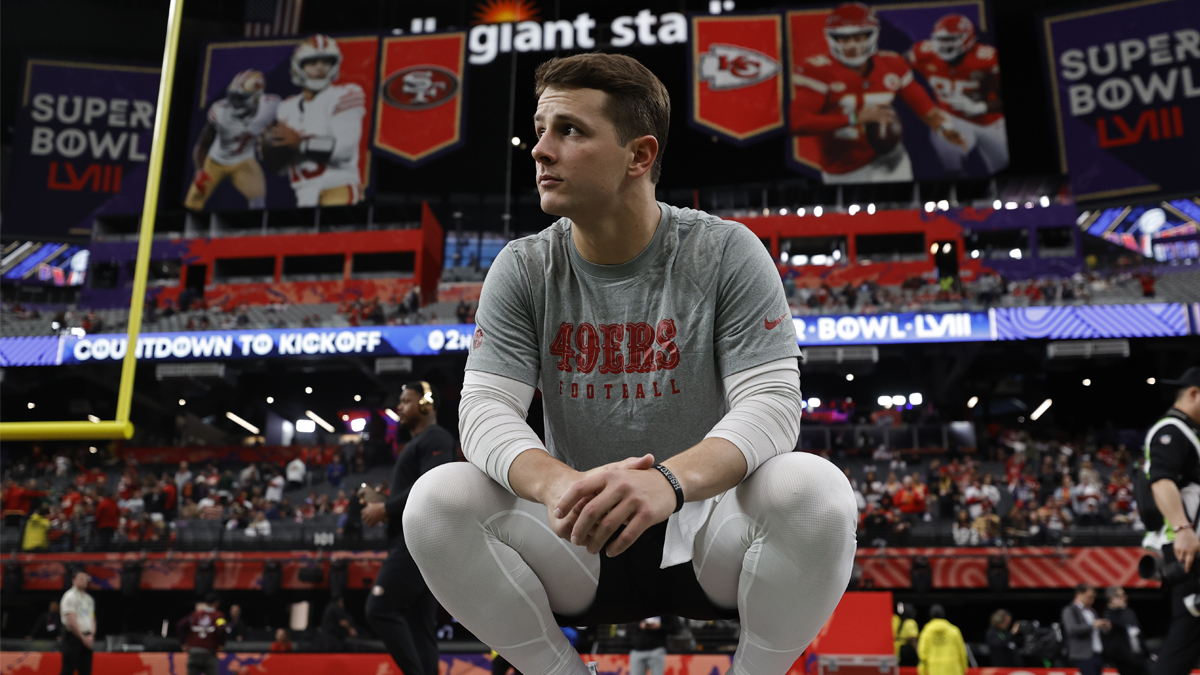Editor’s note: Sports Uncovered, the newest podcast from NBC Sports, shines a fresh light on some of the most unforgettable moments in sports. The fifth episode tells the story of "The Mysterious Disappearance that Changed a Super Bowl," chronicling Barret Robbins' absence from Super Bowl XXXVII.
Super Bowl XXXVII was visualized as a revival, the long-anticipated reemergence of all that once made the Raiders imposing and infamous and, at times, even magical.
They arrived in San Diego as four-point favorites longing to destroy the Tampa Bay Buccaneers and soothe the residual ache of the "Tuck Rule" game of a year earlier.
Stay in the game with the latest updates on your beloved Bay Area and California sports teams! Sign up here for our All Access Daily newsletter.
But the oddsmakers got it wrong. Horribly wrong. The Bucs, guided by ex-Raiders coach Jon Gruden, prevailed, 48-21. There would be no parade in Oakland.
And after the Raiders were run out of Qualcomm Stadium, rationalizations were running rampant through certain factions of Raider Nation.
The Raiders would’ve won ... if not for the mysterious absence of Barret Robbins.
Would’ve won ... if Robbins had not disrupted team chemistry.
NFL
Would’ve won if ... B-Robb had not gone AWOL, throwing everything into disarray.
These assertions were but the plaintive whimpers of a wounded fan base seeking to place blame.
[SPORTS UNCOVERED: Listen to the latest episode]
Understand, the 2002 Raiders were tremendous, winning their first two postseason games by a combined 37 points. They had an MVP quarterback, Rich Gannon, and three different receivers -- Hall of Fame wideouts Jerry Rice (age 40) Tim Brown (36) and also running back Charlie Garner -- each snagged more than 80 passes. Their defense, when healthy, was solid.
But the team that arrived in San Diego on the evening of Jan. 19, having dispatched the Tennessee Titans in the AFC Championship Game, was not the bunch that had been so terrific the previous four months.
Charles Woodson, the great cornerback, had mostly recovered from a shoulder injury sustained in mid-September that caused him to miss six weeks but was severely hampered by a fractured fibula sustained six weeks earlier. Limping his way through the week, he could offer no more than about 60 percent of his normal ability.
And that wasn’t the worst of it.
Robbins was hurting, too. He played well all season, was named to his first Pro Bowl, but the toll was unkind to his right ACL, which was reconstructed in 2001. He also had pain in one of his feet. Though he downplayed it, his discomfort was evident in observing him hobbling to and from media sessions. Robbins would undergo another knee surgery in February 2004.
Losing two stars was debilitating for the Raiders, but hardly the worst of it.
Head coach Bill Callahan, who issued a run-heavy playbook on Monday, seeing to exploit his team’s size advantage, decided on Friday to shift to a playbook emphasizing the pass. His players were stunned. Some, including Robbins, whose game was reliant on physicality, were angry.
As bad as that was, it wasn’t the worst of it.
The worst of it was Tampa’s sheer speed, for which Oakland had no antidote. The Bucs, the NFL’s No. 1 defense by a considerable margin, took the field like inspired tigers, taking leads of 20-3 at the half and 34-3 inside the last five minutes of the third quarter.
The most diabolical thought that could cross the mind of Raiders boss Al Davis came to life in what would be his last Super Bowl as a team owner. Davis had always placed a premium on finding speed and quickness -- sometimes to a fault -- and here were the younger, quicker Bucs making his team look old and sluggish.
Worse, these were Gruden’s Bucs. The popular coach an irritated Davis traded away 11 months earlier had come back to haunt him with a team that beat his old boss at his own game.
Gannon, 37, hardly had time to drop back before Tampa’s defense was scratching at his jersey. Left tackle Lincoln Kennedy couldn’t contain Bucs defensive end Simeon Rice, who accounted for two of Tampa’s five sacks. Pressured all afternoon, Gannon threw five interceptions, three of which were returned for touchdowns.
Tampa free safety Dexter Jackson had two interceptions was named MVP. Backup cornerback Dwight Smith also picked off two passes, returning both for touchdowns of 44 and 50 yards. Linebacker Derrick Brooks was a blur, making seven tackles (six solo). Strong safety John Lynch had six tackles.
[RELATED: Robbins' downfall was a product of Raiders' party culture]
Had the Raiders been fully healthy, with Woodson generating turnovers and Robbins using brute force to foster a ball-control ground game, they might have made the day a bit more interesting. Maybe.
But not likely. The Raiders played right into the hands of the Bucs, who were too well prepared by Gruden and too swift on defense to be taken down.


